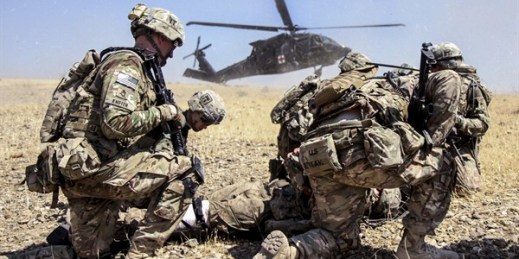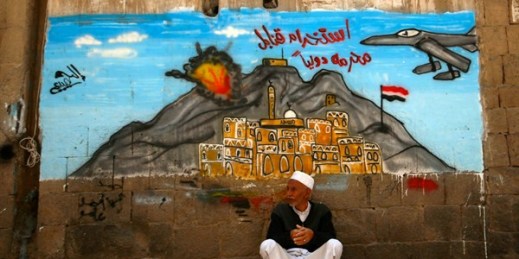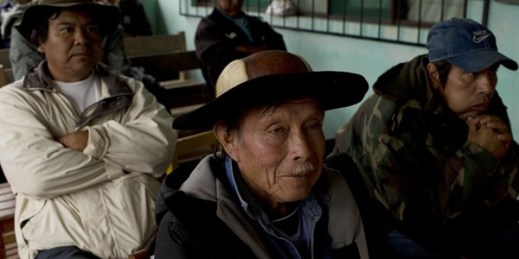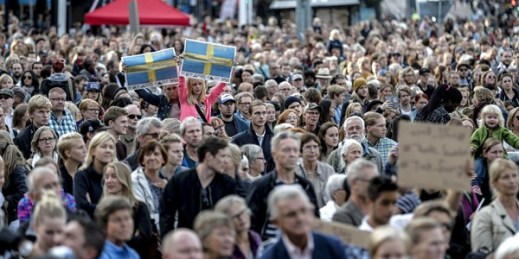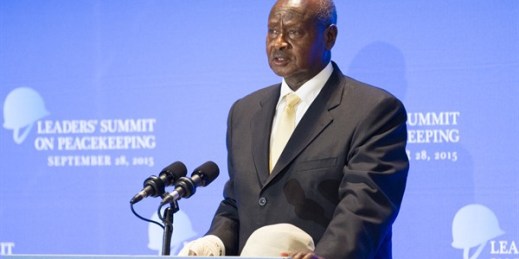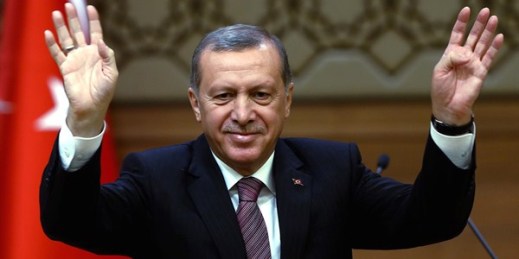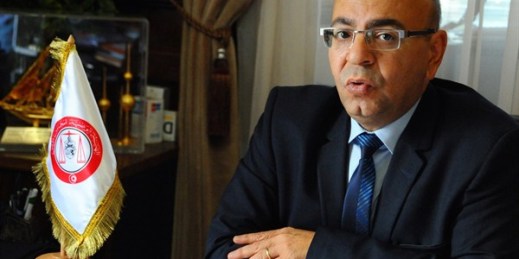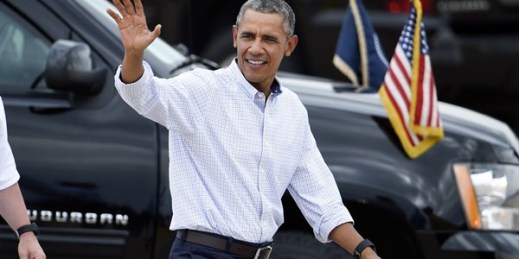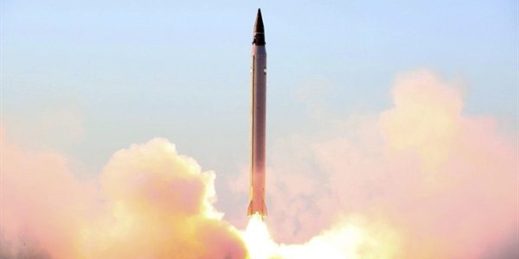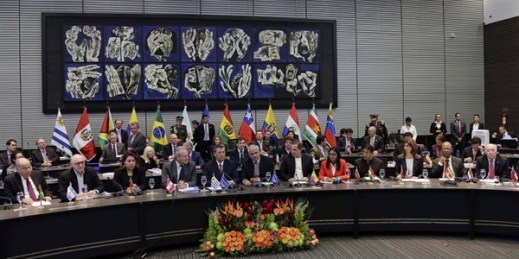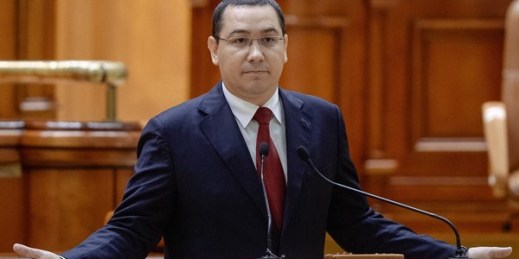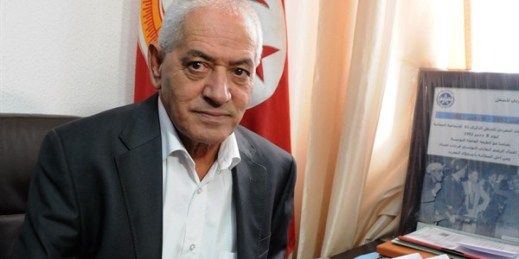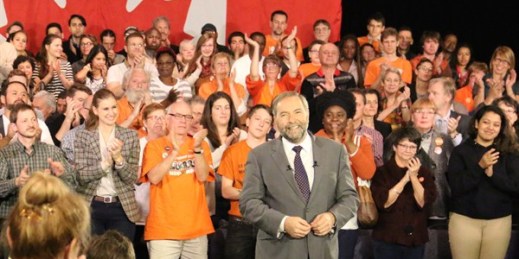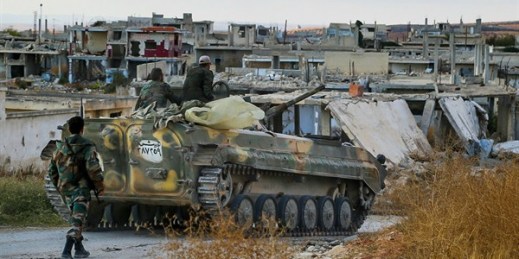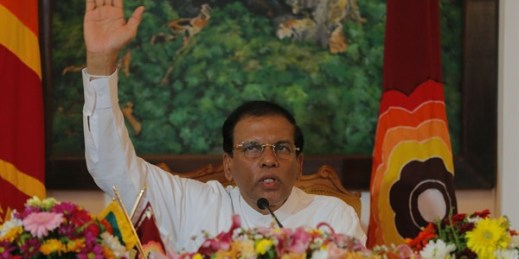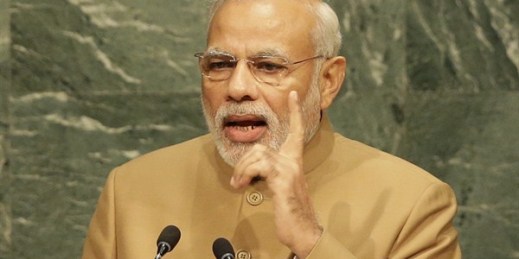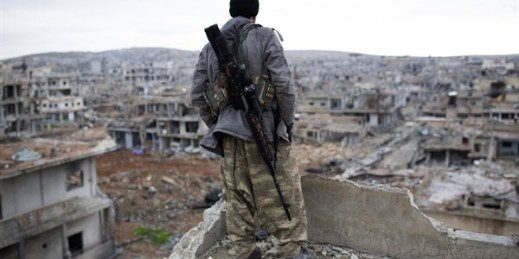
Whenever it seems that the war in Syria can’t get more tragic and dangerous, it does. That conflict has already created the worst humanitarian disaster of a young century and empowered the barbaric self-declared Islamic State. And it could become worse. The Obama administration has avoided an entangling involvement, instead providing refugee aid and supporting some of the less repellent rebel groups, in the hopes that the combatants conclude that an outright military victory is out of reach and accept a power-sharing arrangement. That was a long shot from the beginning and became even less likely as the hatred between […]

